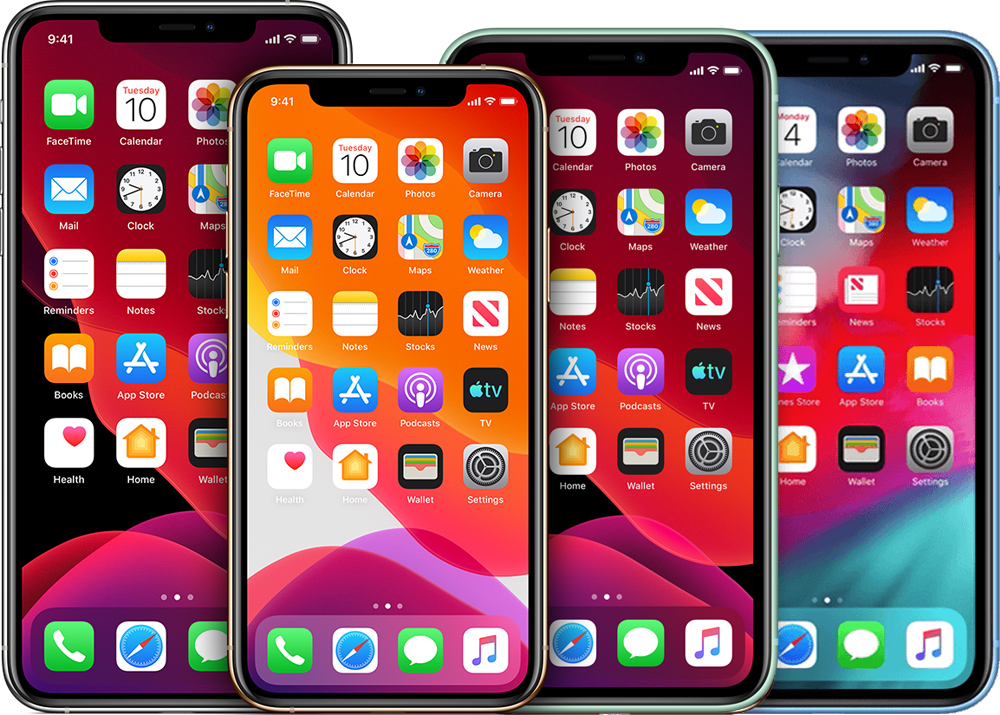
Apple's unreleased A14 chip is rumored to be the first Arm-based mobile processor to officially exceed 3GHz, according to a new report by Research Snipers.

Apple's A14 processor, the successor to the A13 chip in both the iPhone 11 and iPhone 11 Pro, is expected to debut this fall in Apple's "iPhone 12" models. The report highlights the suspected Geekbench 4 score of the A14 chip, with a frequency reaching 3.1GHz. This would be 400MHz higher than Apple's current A13 Bionic chip with a frequency of 2.7GHz.
At such a frequency, the chip's Geekbench 5 running points have surged. The report mentions that the A14's single-core performance shows a score of 1658 (up 25% from the A13), and a multi-core score of 4612 points (up 33% from the A13). The extra processing power will be helpful in running simultaneous workflows, navigating through apps, and more.
Apple chipmaker TSMC is expected to ramp up production of Apple's 5nm-based A14 chipsets in as early as April of this year.
In addition to the A14 chip, rumors recently have mentioned both Arm processors with Mac Pro level performance and a Mac with an Apple-designed Arm processor are in the works.
Article Link: Apple's A14 Chip Rumored to Become First Arm-Based Mobile Processor to Exceed 3GHz

